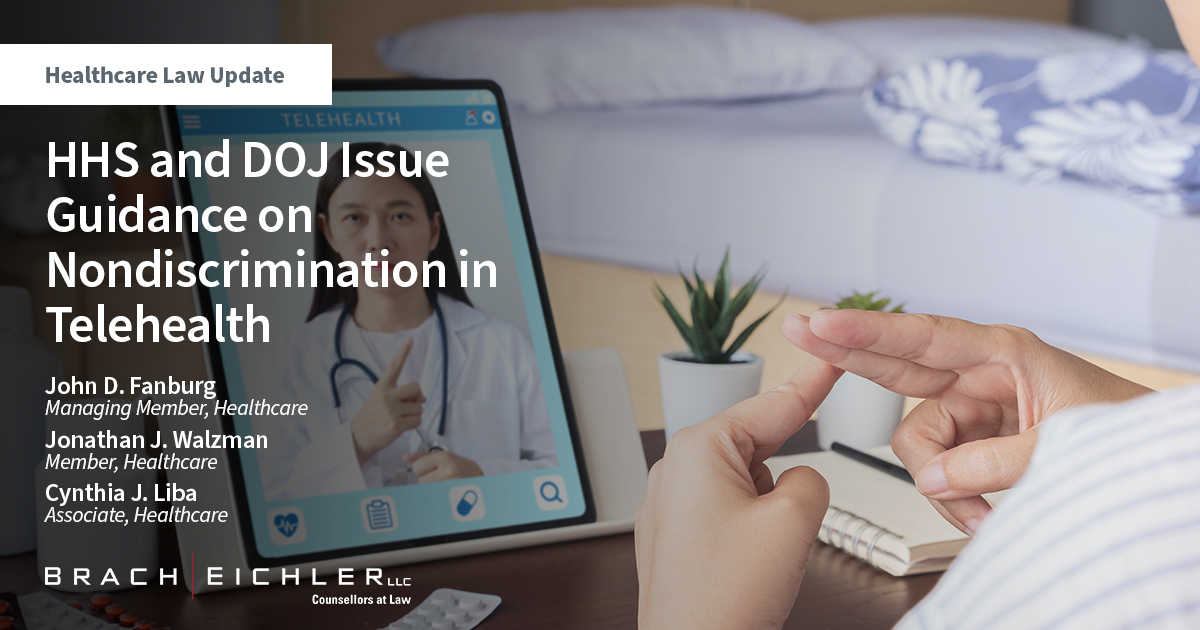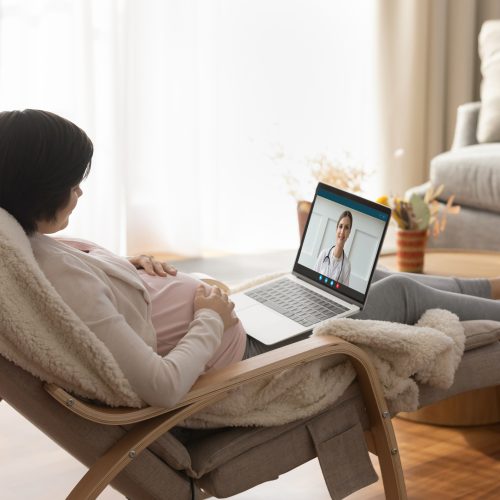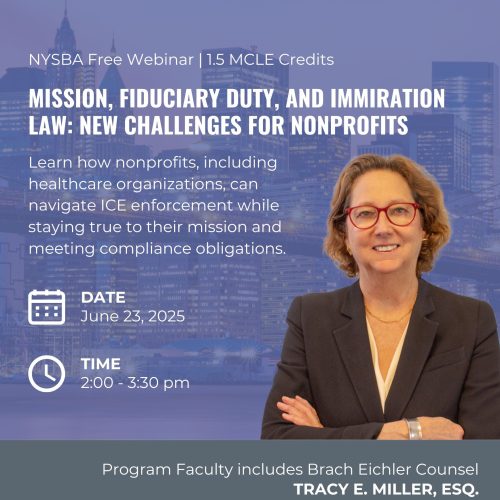HHS and DOJ Issue Guidance on Nondiscrimination in Telehealth

On July 29, 2022, the U.S. Department of Health & Human Services, Office for Civil Rights, and the U.S. Department of Justice, Civil Rights Division published joint guidance on protections in federal nondiscrimination laws, including the Americans with Disabilities Act, requiring that telehealth be accessible to people with disabilities and Limited English Proficient (LEP) persons. The guidance aims to help health care providers better understand their nondiscrimination obligations and helps patients better understand their rights to nondiscrimination in the receipt of health care services under federal law.
The agencies warn that a health care provider’s failure to take appropriate action to ensure that care provided through telehealth is accessible can result in unlawful discrimination. The agencies also provide examples of actions that may be discriminatory and describe steps that providers may need to take to ensure that health care offered via telehealth is accessible, including that:
Related Practices: Healthcare Law
Related Attorney: John D. Fanburg, Jonathan J. Walzman, Cynthia J. Liba












